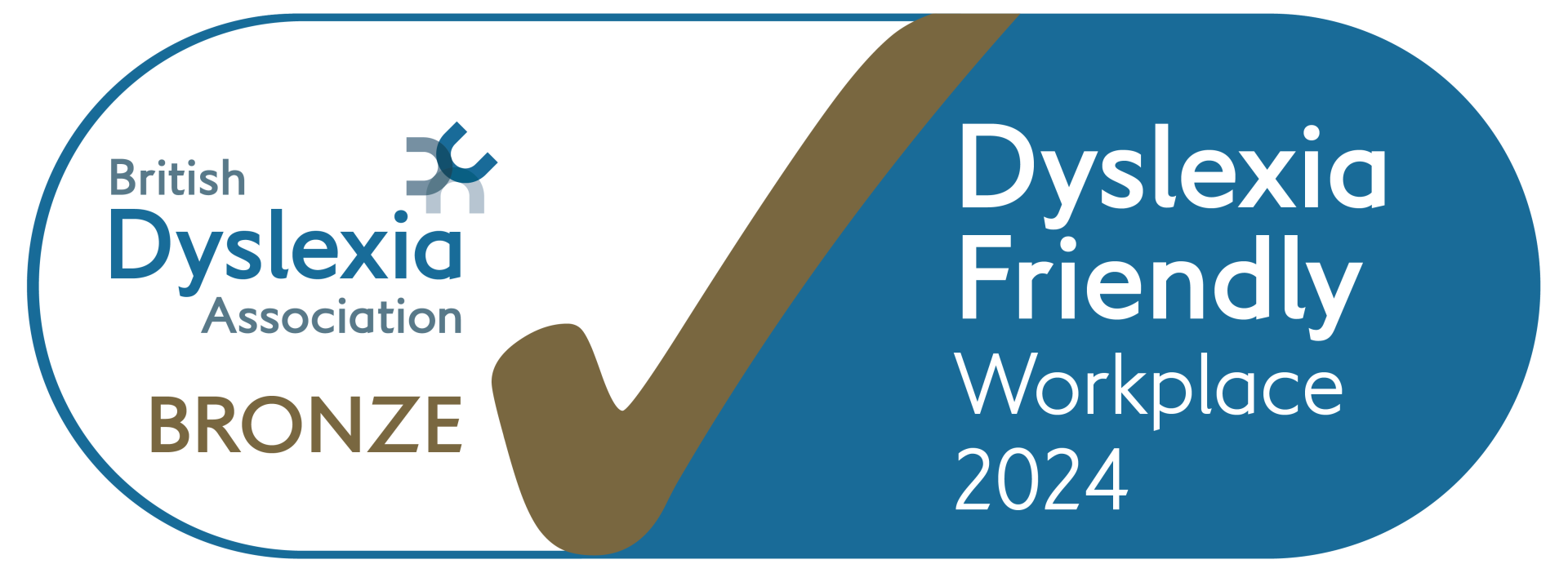How Brain in Hand helps students like Jordan
Structure and Clarity
The app helps students plan their day, set priorities, and build achievable study routines that make time management easier.
Support When it's Needed Most
When anxiety spikes or motivation dips, students can access quick, practical coping strategies or connect with trained responders for reassurance.
Staying on Track
Custom reminders prompt students to move between tasks, take breaks, and refocus when concentration slips, helping to reduce last-minute stress.
Setup & Ongoing Coaching Support
Coaching helps each student get set up with their app in a way that’s tailored to their goals and supports them in overcoming barriers whilst at university, with ongoing coaching support to keep them on track and motivated throughout their academic journey.
Write your awesome label here.



